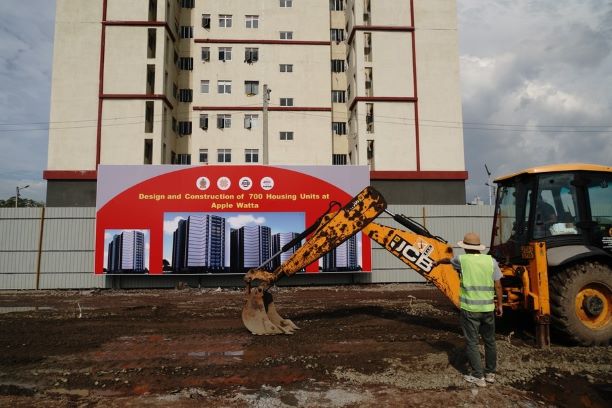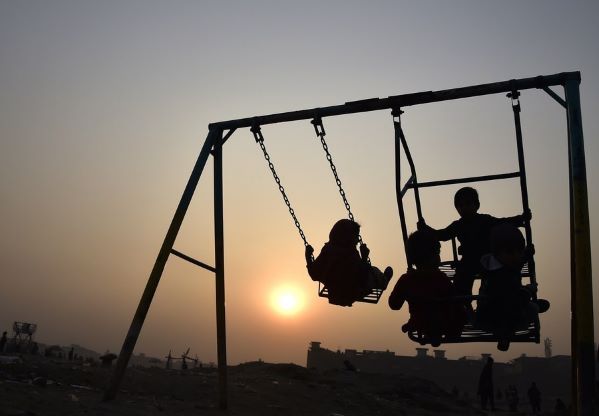BEIJING, Jan. 29 (Xinhua) — As there was no electricity supply in the remote Bangladeshi village of Padmo Para, Fatima Khatun used to light candles to do homework after dark.
“We did not score well in exams” as a result, she said. But today, a light bulb has lit up Khatun’s home, allowing her to read for hours at night. The Bangladeshi village gained access to electricity for the first time in 2018 under a project financed by the Asian Infrastructure Investment Bank (AIIB), a China-proposed multilateral financial institution.
For the past five years since its inception, the Beijing-headquartered development bank has provided much-needed funding and resources to infrastructure projects across Asia.
In Pakistan, before the completion of the M-4 National Motorway project, it took Sohail Iqbal nine to 10 hours to travel from Islamabad to Multan, his hometown.

And that was a “very rough” and bumpy road, he recalled.
The Pakistani’s journey home has been significantly cut short with the completion of a 64 km-long, four-lane stretch of the M-4 motorway, which links Shorkot city with Khanewal in Punjab, the country’s most populous province.
The AIIB-funded project has provided a faster, safer and more cost-effective north-south route in support of Pakistan’s economic and social development.
“And most importantly, now, I feel very comfortable throughout the journey, I don’t feel any sort of depression or fatigue,” Iqbal told Xinhua.

Meanwhile in Colombo, Sri Lanka, impoverished residents will no longer need to worry about having a roof over their heads, thanks to an AIIB-financed affordable public housing project, which broke ground in November last year.
According to officials from China Railway 25th Bureau Group Co., Ltd., which is in charge of the construction, the completed project will consist of three individual buildings with a total of 700 residences featuring a combination of one-bedroom and two-bedroom layouts.
“We thank AIIB for all the cooperation … We are hoping to cooperate more and more with them,” said Sirinimal Perera, secretary to Sri Lanka’s Ministry of Urban Development and Housing.
Video by Xinhua correspondents
In the meantime, the AIIB has widely supported new types of infrastructure in Asia. Its investment in the Cambodia Fiber Optic Communication Network was a case in point.
Approved in July, 2019, the project aims to improve the country’s internet speed and quality, and support increased access to telecom services in both rural and urban areas.
With a better optic communication network, the Cambodian people will enjoy faster and more reliable internet access.
“I can pay directly which is very convenient and also even in rural areas. I can have access to internet. I can even watch films or live video and connect to the world,” said Sok Mey, a local resident.
By the end of 2020, the AIIB has provided over 22 billion U.S. dollars in investment to its members in 108 projects, dedicated to promoting infrastructure construction, regional connectivity and common development for all in Asia and beyond.
END































































